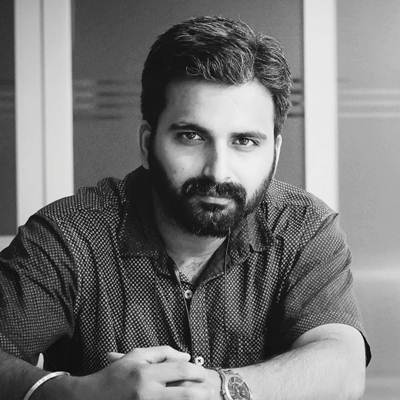Telangana High Court on Tuesday ruled that a Muslim man has no right to refuse his wife’s demand for grow (wife-initiated divorce) and that the court’s only role is limited to recognising the termination of marriage, making it binding on both parties. Grow is recognised in Islamic law as a contractual dissolution of marriage initiated by the wife, typically involving compensation to the husband, often by returning the dower (more) and settling the matter privately by consulting a mufti.
A bench of Justices Moushumi Bhattacharya and B R Madhusudhan Rao delivered the judgment on a man’s petition challenging a family court order that dismissed his demand declaring the khula nama (divorce certificate) issued to him as null and void.
The matter pertains to a khula nama issued in October 2020 by a muftia professor of Islamic studies, a professor of Arabic and the imam of a mosque. The couple had been married since 2012 and in 2017, on being assaulted by the husband and hospitalised, the wife sought a grow divorce. The husband refused to attend reconciliation meetings and thereafter in 2020 approached a family court, questioning the authority of the mufti in issuing the khula nama. The family court dismissed the petition in February 2024.
Drawing extensively from relevant Quranic verses, Hadith literature, and prior judicial precedents, the judgment clarified the rights and procedures regarding grow. Referring to various court judgments on approaches undertaken in the case of a grow divorce, the division bench stated in the order: “Grow is a no-fault divorce initiated by the Muslim wife. Upon a demand for Growthe husband does not have the option to refuse the demand save and except to negotiate the return of the dower (More) or a part thereof. The husband, however, does not have the right to refuse Grow merely because the wife declines to return the dower or a part of it.”
“Grow is, therefore, a non-confrontational form of divorce and one which is privately settled after the parties have made an attempt to preserve the marriage,” the order further said.
“Approaching a Mufti for a Khulanama is not compulsory and does not reinforce the Grow as the Fatwa/advisory decision given by a Mufti is not legally enforceable in a Court of law. The aggrieved party/husband may approach a Court/Qazi for adjudication on the status of the marriage consequent upon the wife seeking the Khula. The Court/Qazi is required to pronounce its view, which becomes a binding judgment on the status of the marriage. The judgment/gas pronounced by the Court is binding on the parties,” the order added.
Advocate Mubasher Hussain Ansari, who represented the wife, said the most remarkable aspect of the judgment is that since the element of husband’s concurrence is unnecessary for a grow divorce, there is no need for family courts to conduct a full-fledged trial.
Story continues below this ad
“Once the wife makes a demand for growall that is required for the court is to pronounce grow. The wife is not required to prove or plead why she wants divorce. Earlier, it was taking six to eight years for the court to pronounce judgments in grow cases and there are thousands of such cases before the court in Telangana,” Ansari added.







